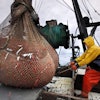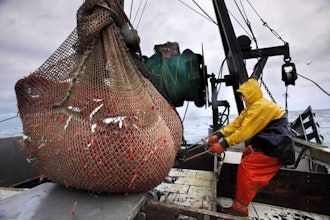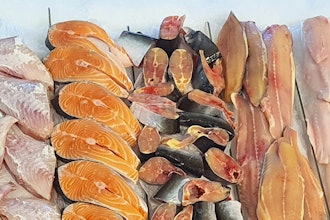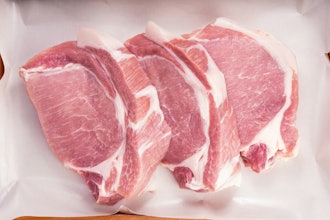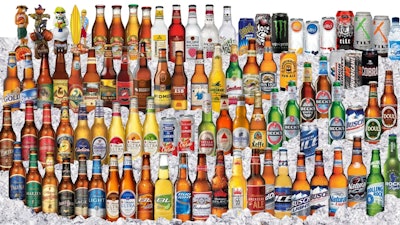
Beer and adult beverage giant AB InBev report its 2020 first quarter financial results on Thursday, showing considerable declines in sales and volume that suffered from global retail shutdowns during the second half of March and throughout April due to the COVID-19 pandemic.

AB InBev said Q1 volumes were down 9.3 percent YoY in Q1, and down 3.6 percent excluding China.
The company expects COVID-19 impacts to be far worse in its Q2, evident by April volumes that sunk about 32 percent YoY, driven by closure of AB InBev's on-premise channel in most markets and government restrictions imposed on certain operations. In China, total Q1 volume was down 46.5 percent YoY, while April improved to a 17 percent decline.
Reacting to COVID-19 business impacts, AB InBev has implemented cost-savings and financial measures that include:
- Suspending or canceling any non-committed discretionary capital expenditures
- Significantly reducing variable administration expenses that include a travel freeze and cancellation of all company events; a freeze on packaging renovations; a reevaluation of all sales and marketing investments that may not prove effective under the current circumstances; and the renegotiation of commercial contracts where possible, including sponsorships.
- A voluntary senior leadership base salary reduction of 20 percent for the rest of 2020
- Withdrawing $9 billion from the company's revolving credit facility
AB InBev said that its total US market share declined by approximately 50 basis points in Q1, mostly driven by mix due to the growth of hard seltzer in the flavored malt beverage category, where the company currently under-indexes.

